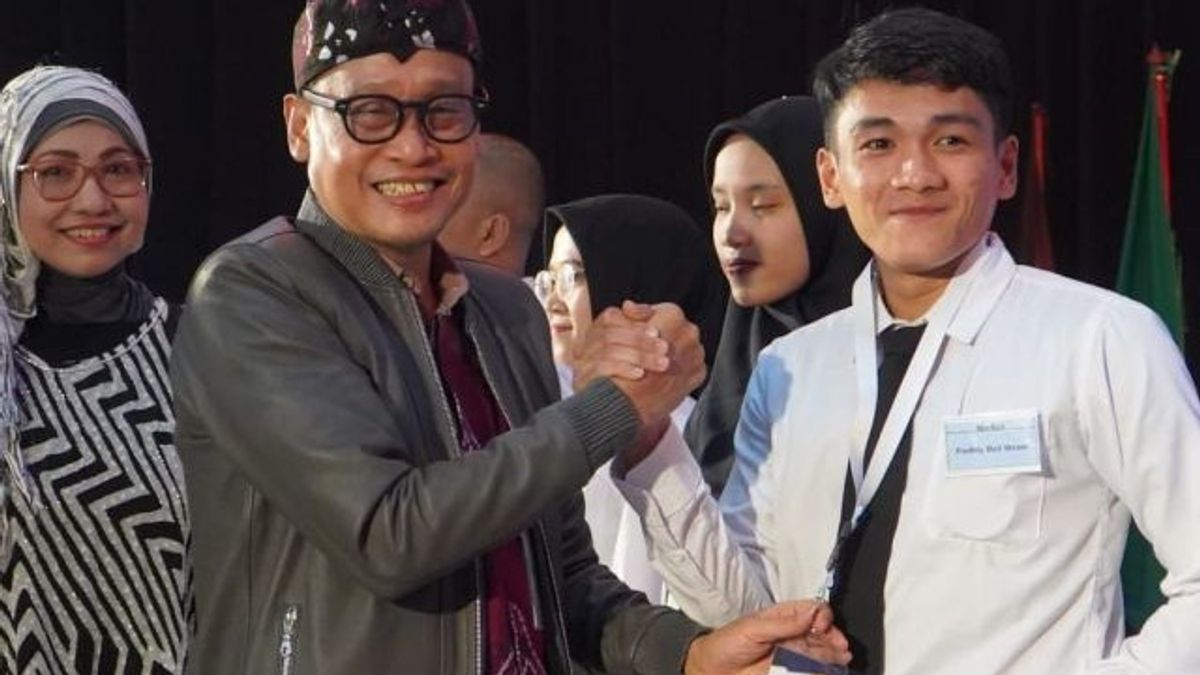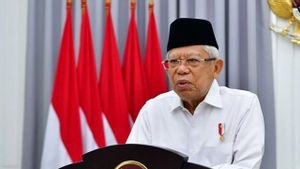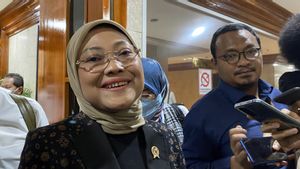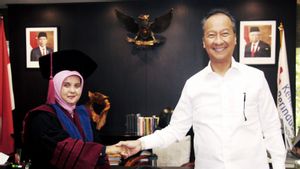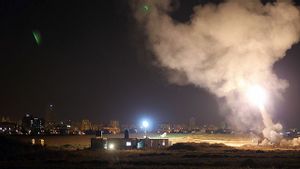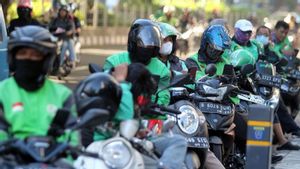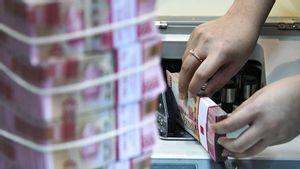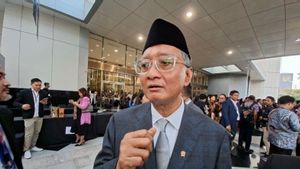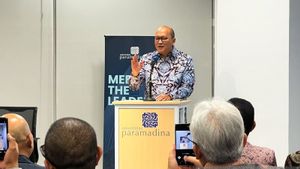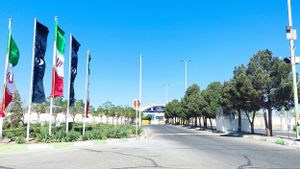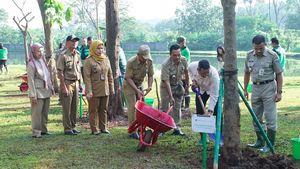JAKARTA - Head of the Agricultural HR Counseling and Development Agency (BPPSDMP) of the Ministry of Agriculture (Kementan) Dedi Nursyamsi assessed that vocational educational institutions can produce young farmers who can become the backbone of Indonesian agriculture. For this reason, his party can maximize it, the institution gave birth to pre-farmers.
This was conveyed by Dedi Nursyamsi when opening the Milennial Indonesian Agripreneur (MIA) which was held at the Bogor Agricultural Development Polytechnic (Polbangtan), Saturday (4/11). Dedi revealed that currently out of 33.4 million active farmers in Indonesia, there are only 2.7 million farmers who fall into the millennial farmer category. This means that the current 30.4 million farmers are in the old age who are identical to reduced power and low productivity. "In anticipation of this, the Ministry of Agriculture directed six Indonesian Agricultural Development Polytechnics and Engineering Polytechnics, as well as the Sembawat Agricultural Vocational School, SMKPP Kupang and SMKPP Banjarbaru as vocational education institutions under the Ministry of Agriculture to produce pioneer farmers and agricultural extensions who are reliable and adaptive to technology as drivers of agricultural development," said Dedi in a written statement. Dedi explained that the Ministry of Agriculture has set the direction of agricultural development policies to achieve better performance by optimizing the resources they have, utilizing modern technology, and corporate farmers according to the President's direction. "What needs to be observed, is estimated that in the next 10 years, Indonesia will experience a farmer crisis. Based on data from the Central Statistics Agency (BPS) that the number of young farmers is decreasing year," he said. Oleh, the Ministry of Agriculture is committed to carrying out farmer regeneration to support the implementation of the main program of the Ministry of Agriculture in guaranteeing productivity, continuity and food security.
VOIR éGALEMENT:
"The millennial farmer growth program carried out at BPPSDMP together with Echelon 1 at the Ministry of Agriculture must continue to be carried out in a structured and systematic manner with the involvement of various stakeholders to accelerate the regeneration of adaptive farmers to technology and toughness that can contribute to the reformation movement of agriculture," said Dedi. Dedi hopes that the regeneration of farmers can support the achievement of the welfare of food farmers and sovereignty as well as making Indonesia a World Food Barn in 2045. "We must be optimistic that this can be achieved. Increased capacity for millennial farmers and extension workers must continue to be carried out massively because they are real agricultural actors," he said. Dedi appreciated the overseas internship program to Taiwan and Japan for which the results can be picked up in a short time. "Effort efforts to prepare Polbangtan alumni and PEPI as specified skilled workers to work in Japan and the preparation of young farmers for internships in Taiwan until they are ready to work abroad must be monitored for their implementation and make sure everything goes well," he explained. In addition to opening the official MIA, at the same place Dedi also opened Smart Agribusiness Training, Training and Export Certification, Release of Taiwan Intermediate Participants and release of SSW Japan. Dedi added, which guarantees food availability are millennial farmers, who are tasked with providing food for 280 million Indonesians are millennial farmers. In addition, Dedi advised participants to Smart Agribusiness and Export Certification Training and Training, to make Smart Farming, People's Business Credit and Networking as ammunition in building agricultural businesses.
"My message to Taiwanese Internship Participants and the Japanese SSW, immediately adapt to the work culture there, be disciplined and make the best use of the time to learn agricultural technology, gain experience and hope that upon returning to Indonesia, the knowledge and experience gained can be applied in the process of building agribusiness," he said.
On the same occasion, Head of the Ministry of Agriculture Education Center, Idha Widi Arsanti, said a series of events were held in an effort to Grow Millennial Farmers in Supporting Farmers' Regeneration and National Food Security. According to him, in a series of opening events of MIA, it was also carried out as well as the Opening of Smart Agribusiness Training, Export Training and Certification, Release of Taiwan Trade Participants and Release of SSW Japan. He explained that the activity aims to encourage technology transfer, improve competence and can change the mindset of millennial farmers in trying to farm when they return to Indonesia. "We report that the participants who are currently present are 100 apprenticeship participants to Taiwan, from West Java province a total of 68 people and from South Sulawesi province a total of 32 people. SSW participants to Japan amount to 85 people from PEPI Police Alumni, 100 Smart Agribusiness Training participants, and 30 export training participants," he said. Sandi added, the quota of internship participants given to Indonesia starting in 2023 as many as 100 people and in 2024 as many as 100 people will then be reconsidered for the addition of the quota according to the house farm that requires or opening internship opportunities.
The English, Chinese, Japanese, Arabic, and French versions are automatically generated by the AI. So there may still be inaccuracies in translating, please always see Indonesian as our main language. (system supported by DigitalSiber.id)
